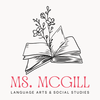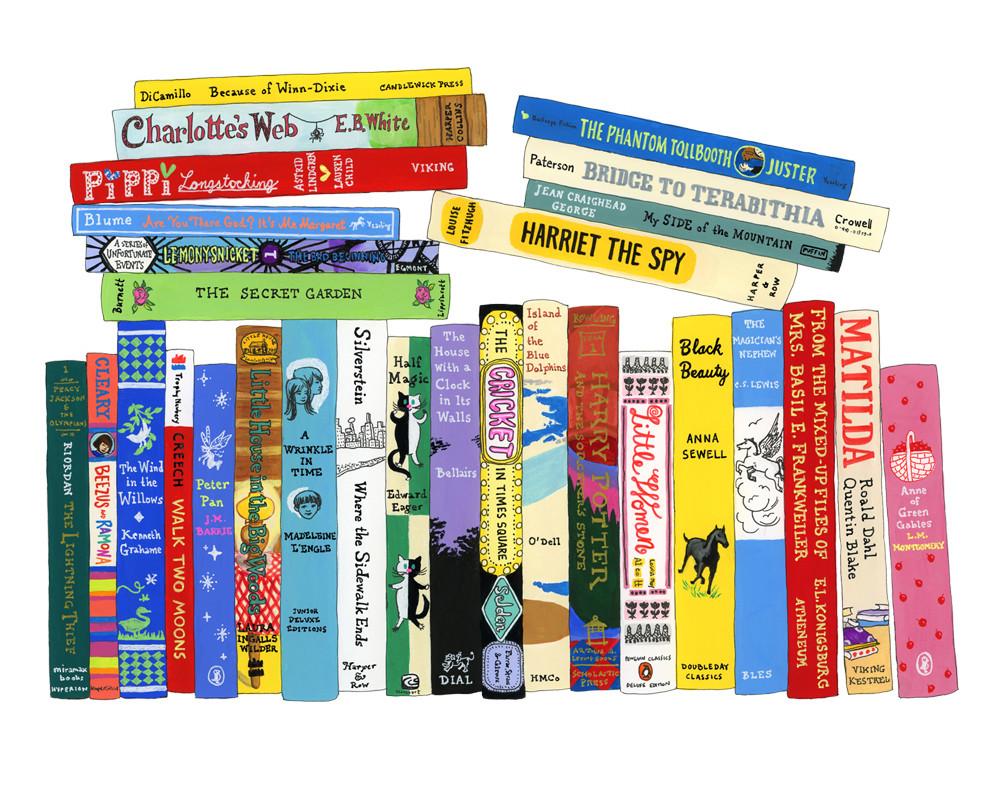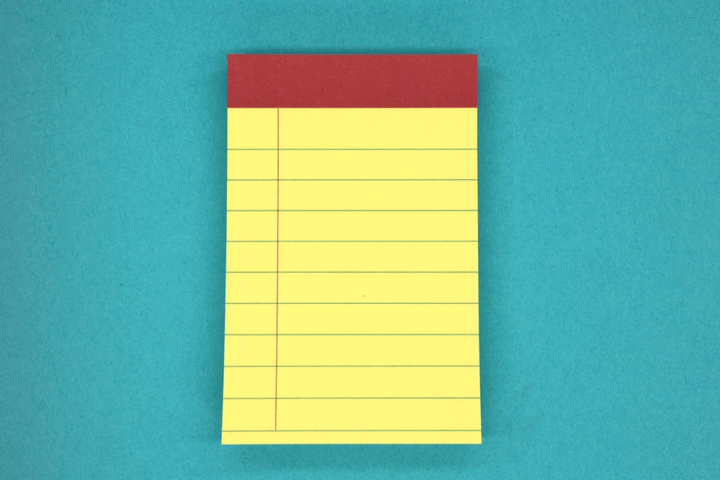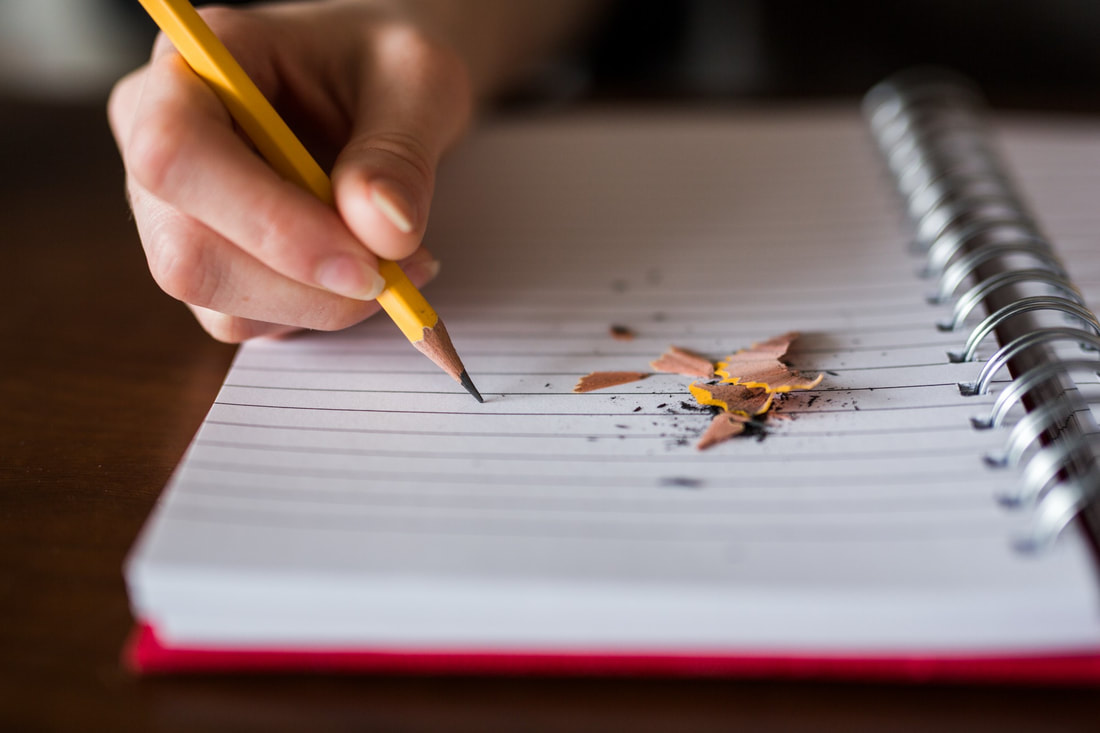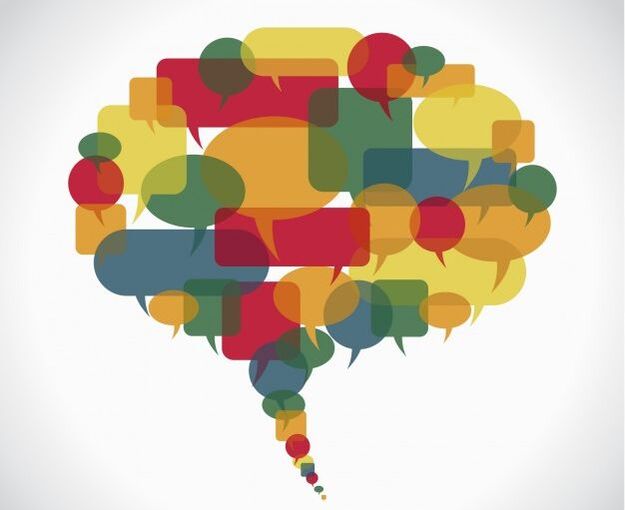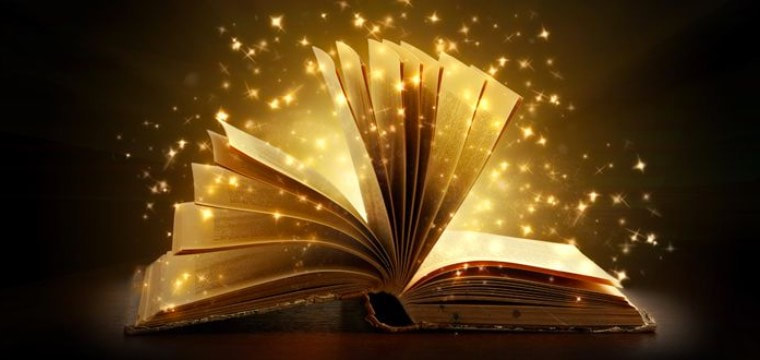"A book is a dream you hold in your hands."
--Neil Gaiman
"You can make anything by writing."
--C.S. Lewis
--Neil Gaiman
"You can make anything by writing."
--C.S. Lewis
During Reader's and Writer's Workshop, students learn about targeted strategies during a short mini-lesson, try out those strategies with partners and support, and dive into independent reading to utilize those strategies in both reading and writing in practice.
We will also work on developing grammar and vocabulary through Word Work. Students will learn the system and structure of the English language and they will work with grammar as a tool for making meaning. Students will learn the meaning of punctuation and its impact on interpretation. Students will study root words and how parts of words come together to create meaning. Through differentiated instruction, inquiry, whole group learning, small group practice, and game-play, students will learn to understand and manipulate the parts of the English language.
We will also work on developing grammar and vocabulary through Word Work. Students will learn the system and structure of the English language and they will work with grammar as a tool for making meaning. Students will learn the meaning of punctuation and its impact on interpretation. Students will study root words and how parts of words come together to create meaning. Through differentiated instruction, inquiry, whole group learning, small group practice, and game-play, students will learn to understand and manipulate the parts of the English language.
L.A. Units
|
Unit 1: Interpretation Book Clubs (Sept-Oct)
|
|
Unit 2: Literary Analysis (Nov-Dec)
|
|
Unit 3: Narrative Writing (Jan-Feb)
|
|
Unit 4: Argument Reading and Writing (Feb-Mar)
|
|
Unit 5: Fantasy Book Clubs (Apr-Jun)
|
